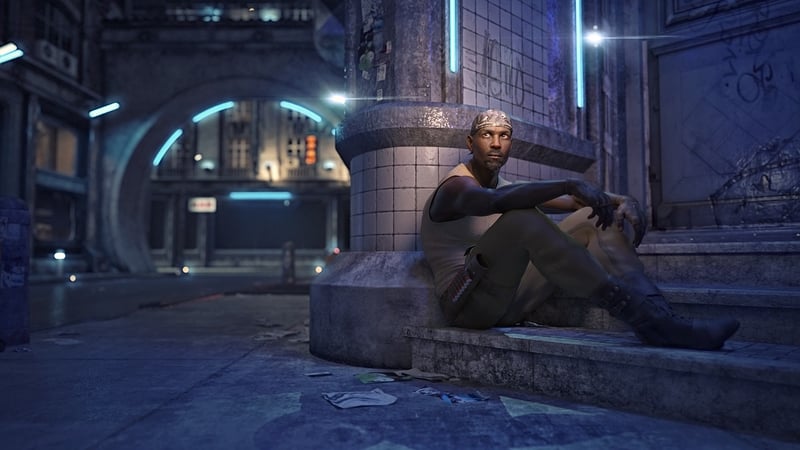Altering History
The Intriguing Connection Between Morality in Time Travel and Altering History
Time travel has long been a fascinating topic in science fiction, offering a myriad of possibilities and ethical dilemmas. One of the most significant moral quandaries associated with time travel is the idea of altering history. The notion of changing past events raises profound questions about responsibility, consequences, and the very fabric of reality.
Implications of Altering History
Imagine the ability to go back in time and prevent a tragic event from occurring. On the surface, this might seem like a noble endeavor. However, the ripple effects of altering history can be unpredictable and far-reaching. What if the supposed "improvement" leads to even greater calamities or disrupts the timeline in unforeseen ways?
Furthermore, the concept of altering history raises the issue of personal bias. Who gets to decide which events are worthy of change? What may seem unjust or tragic to one person could be seen as a necessary part of a larger, unknowable plan by another.
Moral Responsibility in Time Travel
With great power comes great responsibility, as the saying goes. This sentiment holds particularly true in the context of time travel. The ability to manipulate past events carries a weighty moral burden. Every action taken in the past has the potential to reshape the present and future in ways that are impossible to predict.
Questions of ethics and morality come into play when considering the implications of altering history. Is it acceptable to play "god" and tamper with the natural progression of events? Should individuals be held accountable for the unintended consequences of their actions in the past?
Exploring Different Perspectives
Debates about the morality of altering history in time travel narratives have captured the imagination of audiences for decades. Writers, filmmakers, and philosophers have delved into the complexities of this ethical dilemma, offering a range of perspectives on the matter.
Some argue that altering history is a dangerous game that should be avoided at all costs, while others see it as an opportunity to right past wrongs and create a better future. The diversity of opinions on this subject reflects the inherent complexity of the issue and the deeply ingrained human desire to shape our own destinies.
Conclusion
Ultimately, the connection between morality in time travel and altering history is a rich and thought-provoking theme that continues to captivate audiences and scholars alike. As we ponder the implications of changing the past, we are forced to confront fundamental questions about free will, fate, and the nature of reality itself.
While the idea of altering history may remain firmly in the realm of science fiction for now, the philosophical insights it offers are very much real and relevant to our understanding of the world we inhabit.

Explore the fascinating world of time travel and its moral implications, but remember: with great power comes great responsibility.
